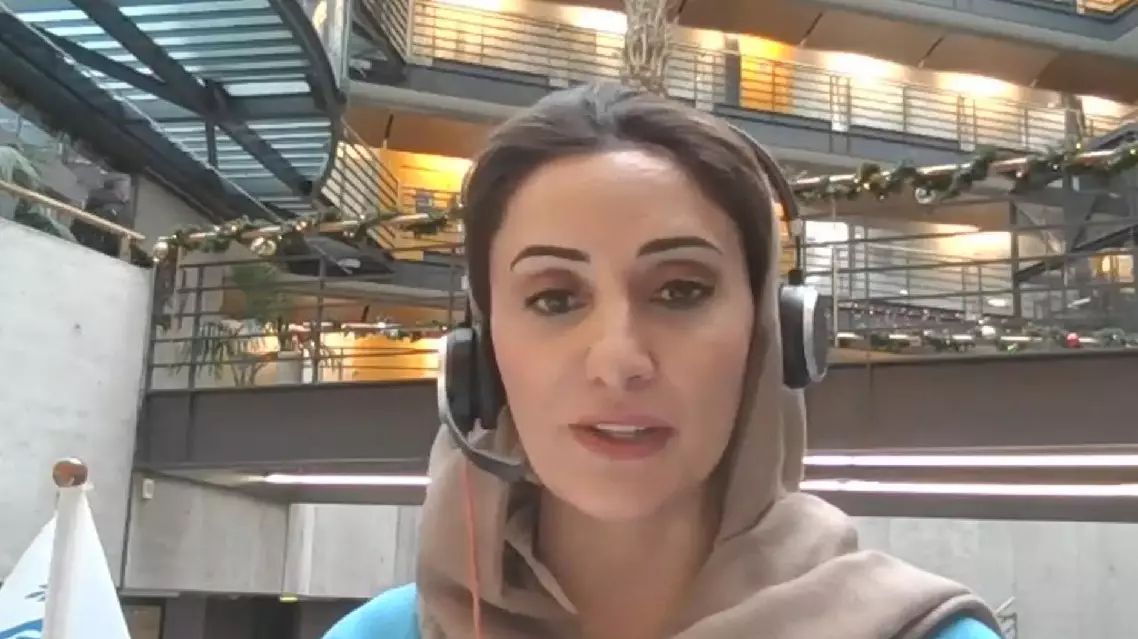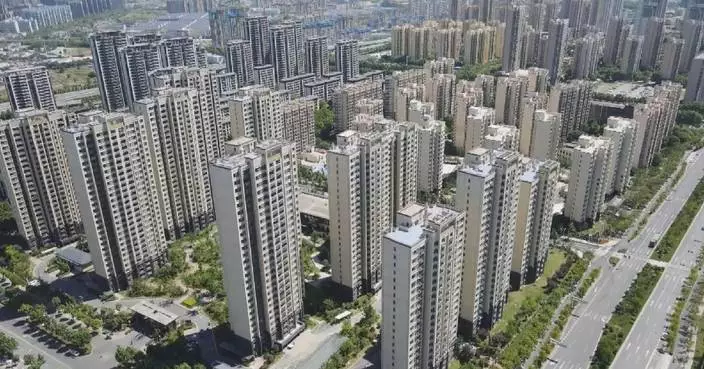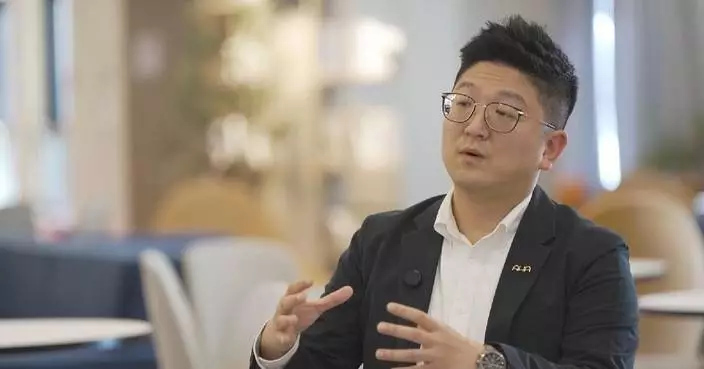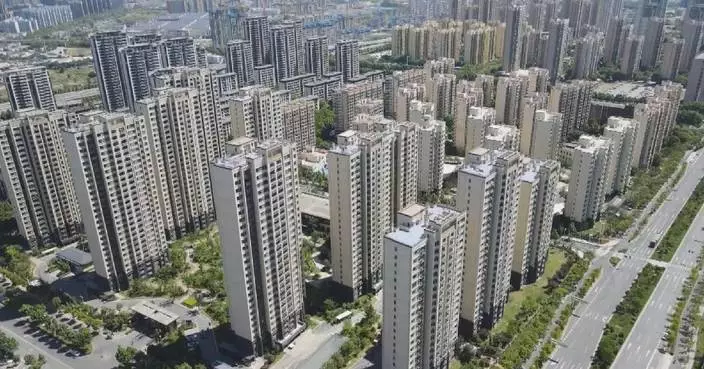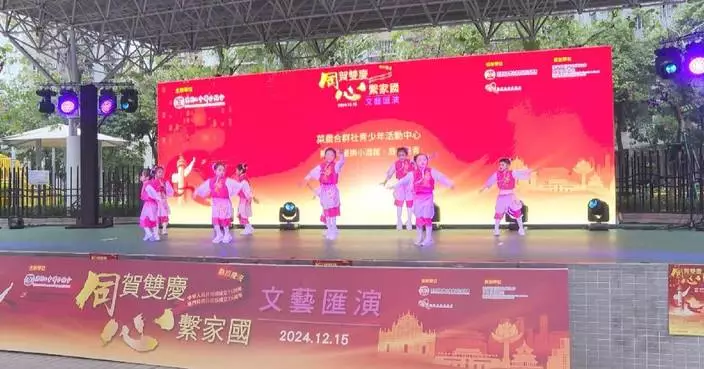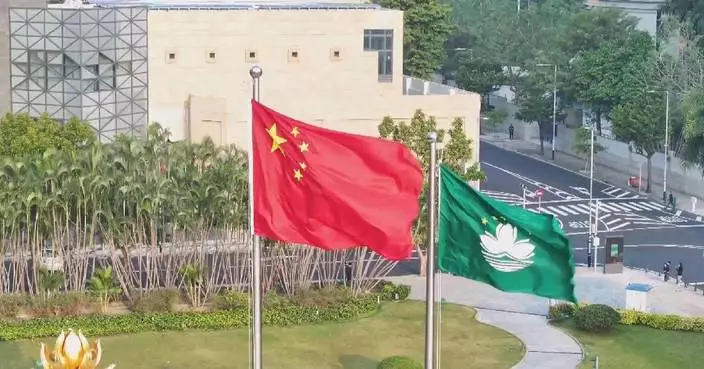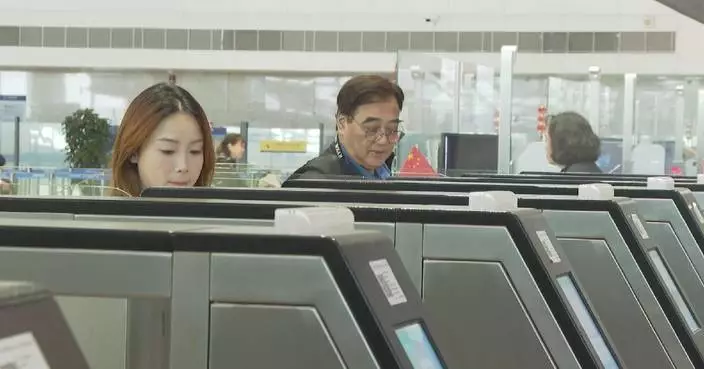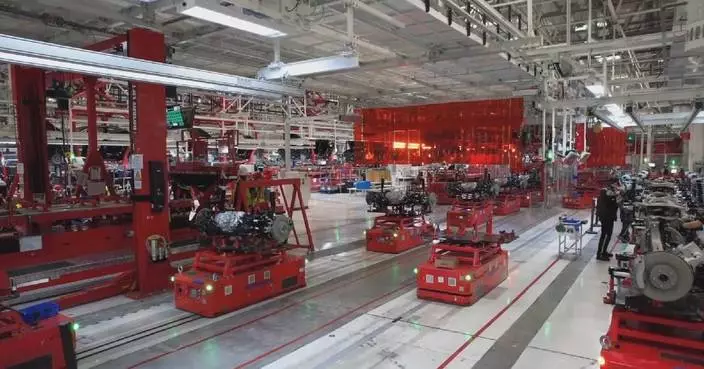A Chinese hybrid grass known as Juncao, literally, "mushroom grass," is providing an economical and environmentally friendly path towards poverty alleviation in Rwanda.
Rwandan farmer Leonidas Mushimiyimana said that the innovative crop has made a big impact on his community.
Mushimiyimana is the general manager of DEYI Co., a company that focuses on mushroom cultivation and covers the entire value chain, serving both local and regional markets. He explained that the soaring popularity of Juncao is due to how easy it is to grow.
"This is quite a simple technique because you don't need to invest much," Mushimiyimana said.
"To gain more knowledge, I started consulting Chinese experts in this field," he added.
Rwanda has a huge population but very limited land. The poverty rate stands at 37 percent, and malnutrition and a lack of food are long-term challenges facing the country.
Now, however, the hybrid grass is replacing land-intensive timber, which has also helped reduce annual tree clearing.
"Mushrooms can solve the problem of malnutrition, reduce poverty and create more jobs," said Mushimiyimana.
In 2013, the China-Rwanda Agriculture Technology Demonstration Center sent Mushimiyimana to further his studies at Fujian Agriculture and Forestry University in south China.
"After multiple visits, I decided to bring this technology back to my country. Now the Rwandan people know the value of mushrooms. Unlike before, they consume a large amount of mushrooms now. And the mushrooms produced cannot even meet market demand. We have an association that includes 30 companies and 21 cooperatives. A total of 50,000 people now grow mushrooms," he said.
Thanks to his success in helping transform Rwanda's agricultural landscape, Mushimiyimana was able to establish a school, and he even trains young people in his hometown to help them find employment.
"Some kids study at the school that I founded. We have beautiful houses, cars and factories. In addition, I provide training for young people in my village. They find jobs this way. I'm happy for them because they are developing better than me," said Mushimiyimana.
Rwanda is just one of the African countries that benefits from Chinese agricultural aid.
By the end of 2023, China had built 24 agriculture technology demonstration centers in Africa, leading to an average increase of 30 percent to 60 percent in crop production in those areas.
"The Chinese greenhouse technology was the first one to be adopted here for small scale growing of vegetables. People are excited about them because it is simple and very effective," said Samuel Nyalala, Deputy Director of Board of Postgraduate Studies at Egerton University in Kenya.
In the past decade, China has sent more than 2,000 agricultural experts and technicians to more than 70 countries and regions to promote and demonstrate more than 1,500 agricultural technologies to advance rural poverty reduction.
Those solid cooperation outcomes have articulated what Chinese President Xi Jinping said defines China-Africa relations in his speech delivered at the Johannesburg Summit of the Forum on China-Africa Cooperation on Dec 4, 2015.
"The essence of China-Africa relations is to utilize China's development to support Africa's development and ultimately deliver common development through mutually beneficial cooperation," Xi said.
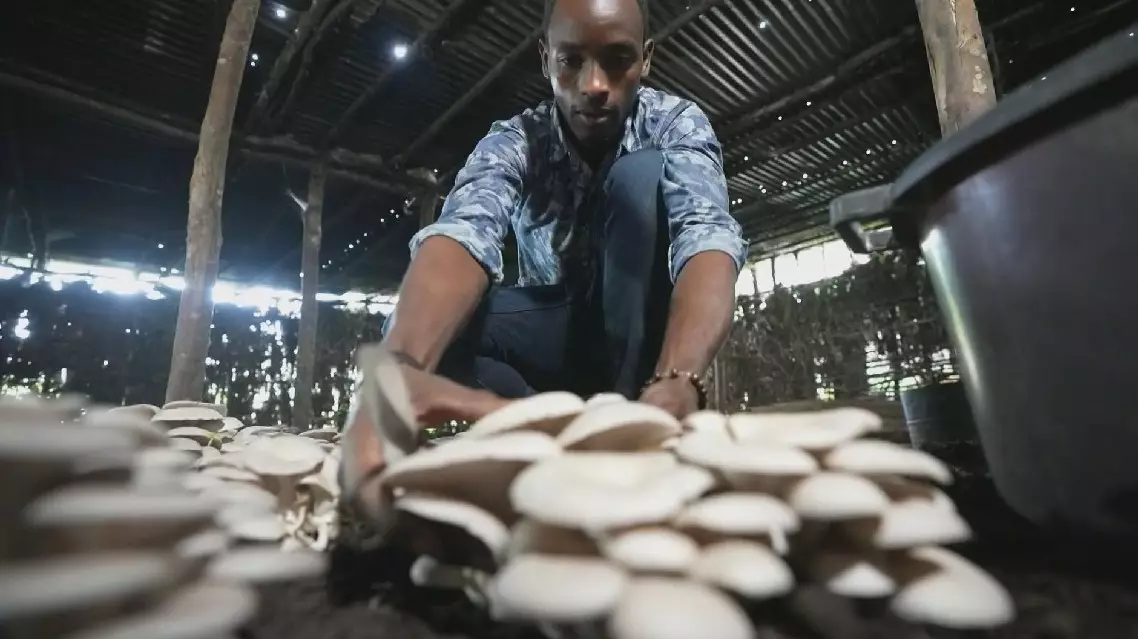
China's hybrid grass technology provides agricultural remedy in Rwanda


